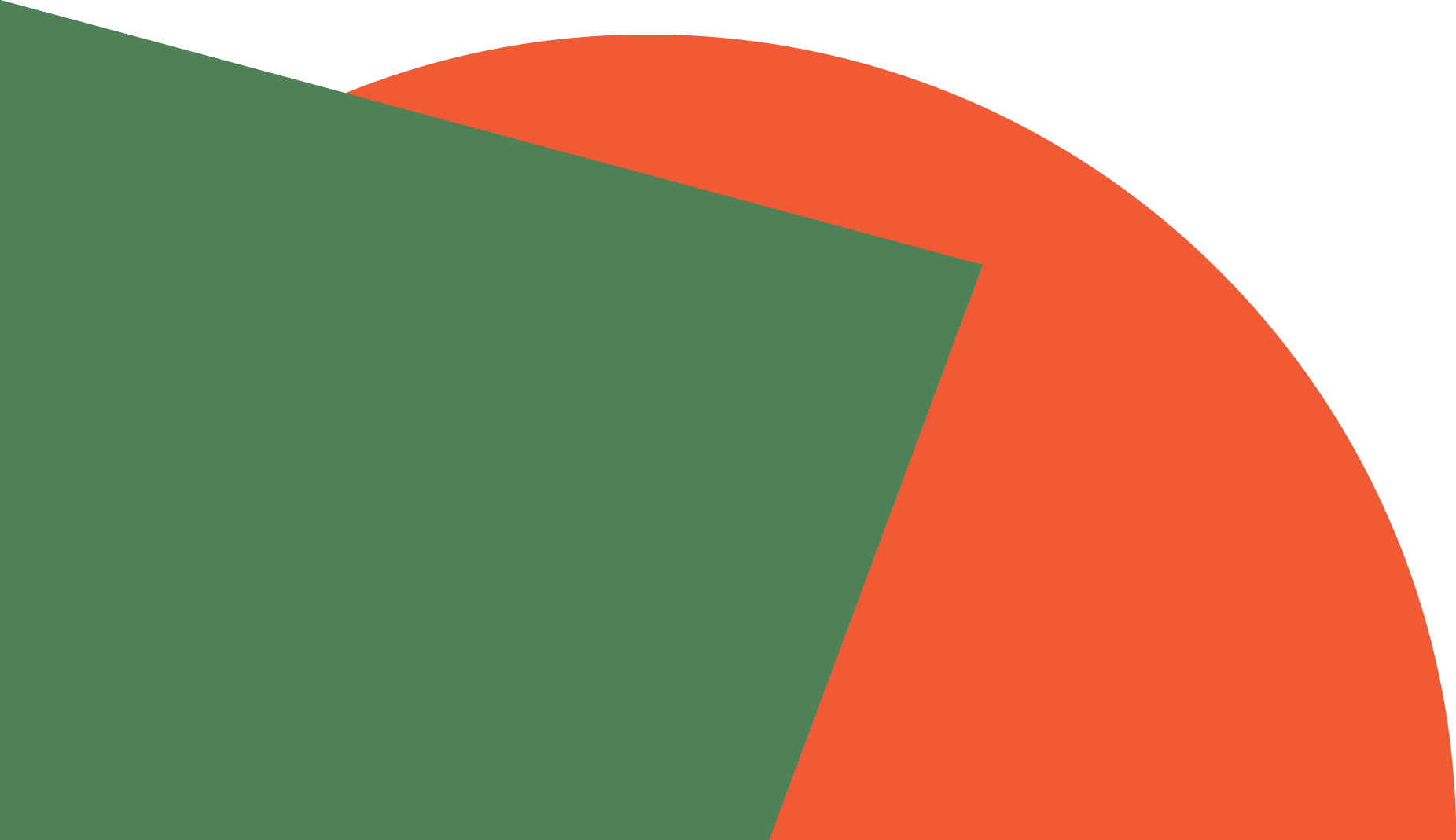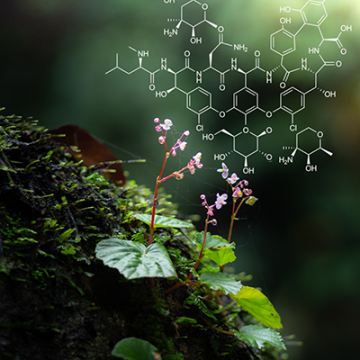

Year 11 Biology Units 1 and 2
Overview
Biology is a diverse and evolving science discipline. It seeks to understand and explore the nature of life, past and present.
Unit 1
You will study cell structure and function in plants and animals. You start by looking at the characteristics of life and how a cell works. You explore the life cycle of a cell within the context of sunburn and cancer. You will then use case studies and experiments to investigate plant and animal systems and how they work together to keep everything in balance. Your main tool for learning about the functions of cells and systems is experimentation. You will spend time learning how to conduct a scientific investigation and then you will design and conduct your own experiment.
Unit 2
You will seek to understand how diversity within and between species is influenced by reproduction and inheritance. You develop your skill in using the tools of genetics to explain how genes interact with each other and the environment. You will discuss how genetic diversity enables species to survive in an ecosystem. You will also undertake a research investigation into the bioethical issues surrounding human modification of the natural world.
Who is it for?
This subject is for you if you:
- enjoy working as a scientist. You will have many opportunities to improve your skills in performing experiments and analysing scientific literature.
- are curious about the natural world and want to know how life works.
- are interested in pursuing higher education in biotechnology, botany, genetics, immunology, microbiology, pharmacology and zoology, this subject is for you.
What do you do?
In studying this subject you will:
- perform virtual and hands-on experiments
- design and conduct your own scientific investigation
- communicate your findings using a scientific poster
- develop your own response to bioethical issues surrounding human modification of the natural world
- analyse how genetic traits and illnesses are passed down through generations of a family.
What skills do you need?
To be successful in this subject you need some understanding of how to conduct a scientific experiment.
Biology is a hands-on subject with lots of content to learn. Study skills such as note taking and organising your study schedule to accommodate practical activities will help you succeed in Biology.
What skills do you develop?
You will develop skills including:
- developing aims and questions, formulating hypotheses and making predictions
- planning and undertaking investigations
- conducting investigations to collect and record data
- analysing and evaluating scientific data, methods and models
- drawing evidence-based conclusions
- communicating and explaining scientific ideas
- studying techniques for synthesising large amounts of information and remembering biological vocabulary.
Requirements
You must have access to the internet to access this course. All work will be completed and submitted online weekly.
Experimentation is a requirement of this course. All experiments are designed to be able to be conducted in a home setting using materials that can be obtained from a supermarket or pharmacy. You will need to obtain these materials for yourself throughout the year.
You will also need an exercise book to use as your logbook for practical work. Practical work is a central component of learning and assessment and may include activities such as laboratory experiments, fieldwork, simulations, modelling etc.
We will spend at least 17 hours of the Unit 1 course and 17 hours of the Unit 2 course completing practical work and scientific investigations.
Things to think about
Biology is a hands-on subject.
We expect you to spend approximately 5 hours a week completing the tasks in Biology.
You will be required to conduct experiments and build models. You will need to plan ahead to gather materials and make the time to perform these types of practical work.
You are also expected to regularly participate in the online environment including forum posts, reading weekly announcements and participating in online lessons where possible.
Things you can do now
Have a go at one of the experiments that we use in this course to measure the rate of microorganism growth on a piece of bread. This video below will show you how to conduct this experiment:
Things to have a look at
Look at the VCAA website and familiarise yourself with the study design and assessment criteria for Biology Units 1 and 2.